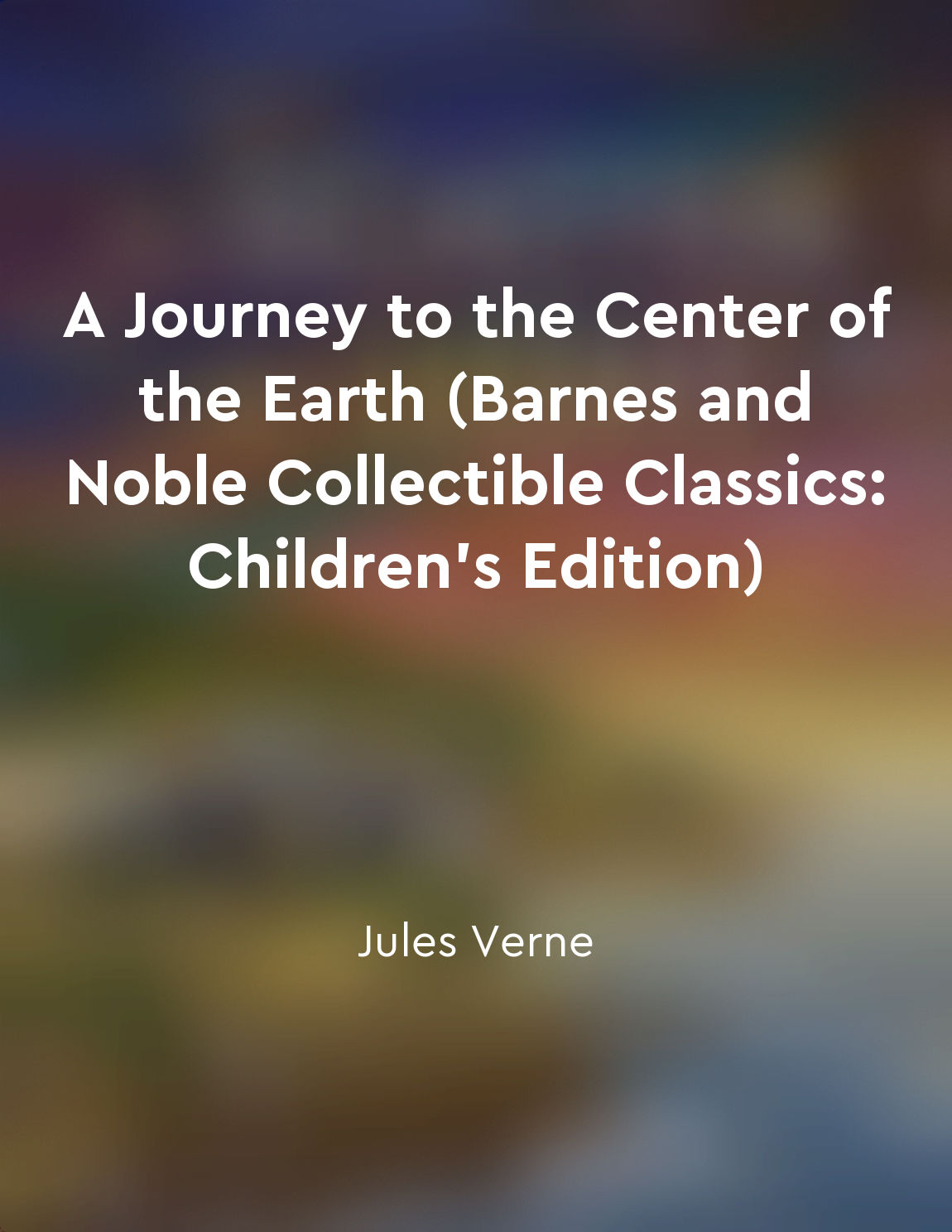Humboldt's travels broadened his scientific perspectives from "summary" of The Invention of Nature by Andrea Wulf
Humboldt's extensive travels across South America and Russia allowed him to observe and analyze the natural world in a way that few scientists had done before. His encounters with different landscapes, climates, and ecosystems broadened his scientific perspectives and challenged the prevailing beliefs of his time. By immersing himself in unfamiliar environments, Humboldt was able to make connections between seemingly disparate elements of nature and develop a more holistic understanding of the world. Through his studies of geology, botany, and climatology, Humboldt began to see patterns and relationships that transcended national boundaries and conventional disciplinary boundaries. He recognized the interconnectedness of all living things and the impact of human activity on the environment. His observations led him to develop the concept of the web of life, which would later become a central tenet of modern ecology. Humboldt's travels also sparked his interest in the relationship between nature and civilization. He witnessed how different societies interacted with their environments and how these interactions shaped their cultures and economies. This perspective allowed him to see the social and political implications of his scientific research and inspired him to advocate for environmental conservation and sustainability. In addition to expanding his scientific knowledge, Humboldt's travels exposed him to new philosophies, cultures, and ways of thinking. He engaged with artists, writers, and thinkers from diverse backgrounds, exchanging ideas and insights that enriched his own intellectual development. This interdisciplinary approach to knowledge helped him break free from the constraints of traditional scientific thinking and paved the way for future generations of scientists to explore the world in a more holistic and interconnected manner.- Humboldt's travels were transformative not only for his own scientific career but also for the development of modern science as a whole. His willingness to venture into the unknown, challenge established beliefs, and embrace new perspectives set him apart as a visionary thinker whose ideas continue to resonate today.
Similar Posts
The descent is treacherous
The descent is treacherous. It is a journey that demands everything from the weary traveler - physical strength, mental fortitu...
Solitude can bring clarity of thought
Solitude, for all its terrors, can bring clarity of thought. When surrounded by noise and distractions, it is easy to become lo...
Planning is essential but must allow for spontaneity
Traveling offers the rare opportunity to embrace the unexpected, but it doesn’t mean venturing out without a road map. Effectiv...
Nature's beauty is a source of inspiration and awe
Nature's beauty has the power to awaken a sense of wonder within us, stirring our souls and inspiring us in profound ways. It i...
Humboldt's holistic approach to science influenced many
Humboldt's methodology was groundbreaking for its time, as it went against the prevailing reductionist approach to science. Ins...

Navigates through uncharted caverns
As we ventured deeper into the unknown depths of the earth, our path led us through twisting tunnels and winding passages that ...

